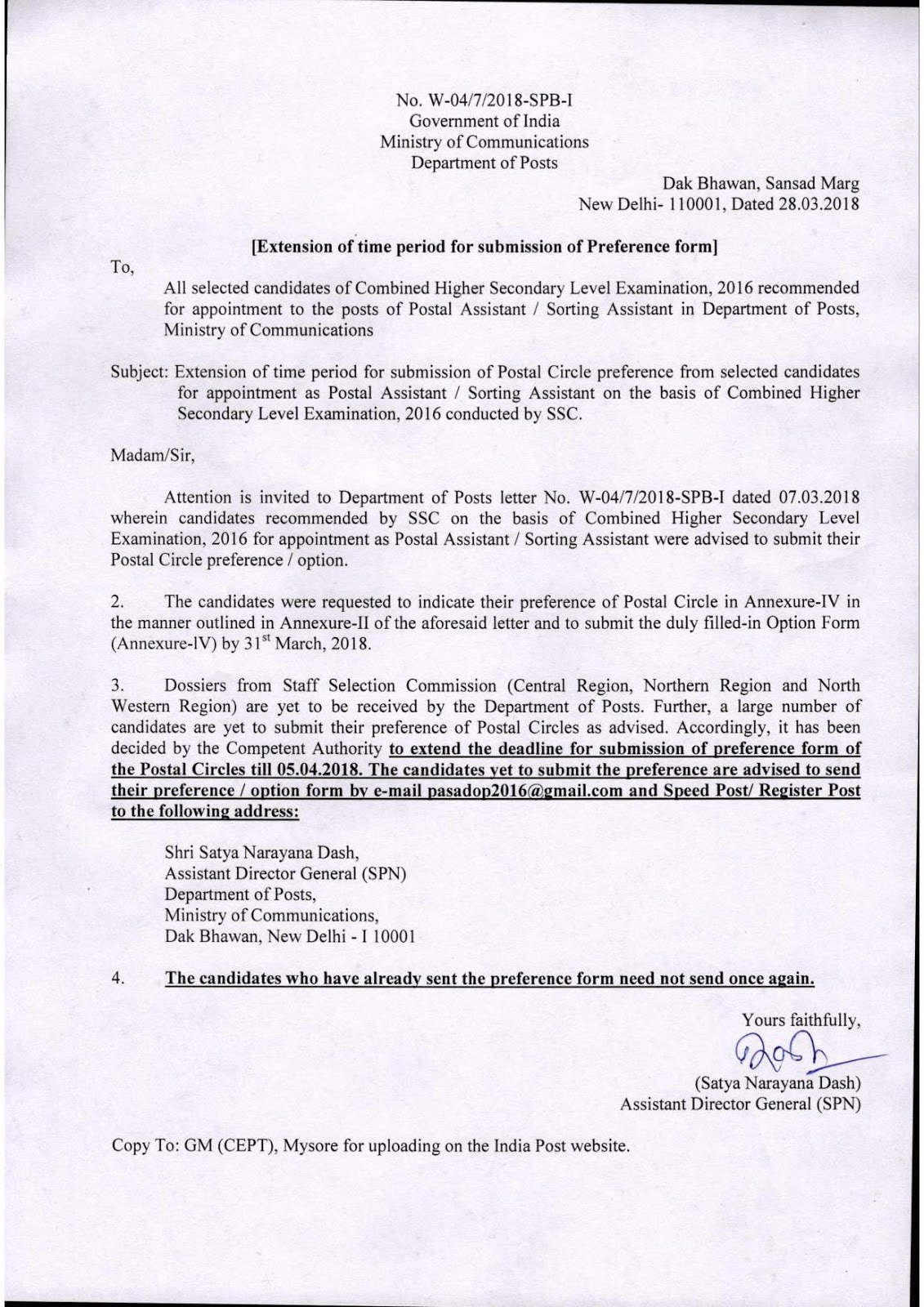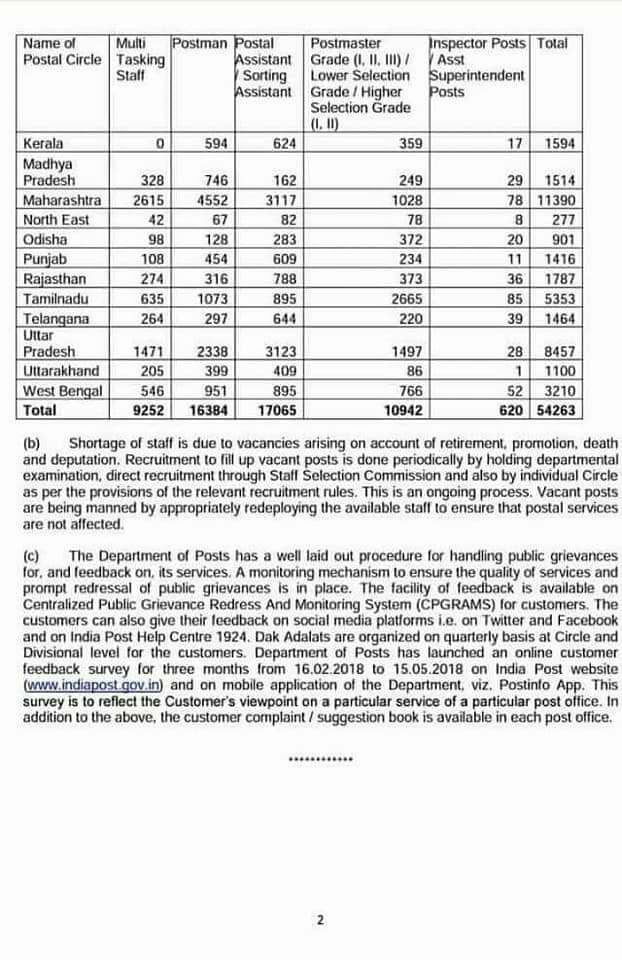It’s not easy to upset business tycoons, salaried employees and small traders all at the same time. Finance minister Arun Jaitley has, however, accomplished this feat with customary aplomb.
Businessmen say “inspector raj” is back with a vengeance. Demonetisation has had unintended consequences. Lakhs of Indian businessmen and traders proved more imaginative than the government had thought. They contrived to convert virtually all their black money to white, depositing crores of rupees in cash into their bank accounts, preferring the risk of income tax scrutiny and raids to losing unaccounted cash holdings.
Deluged with income tax returns that didn’t match assessees’ new black cash deposits, the authorities are now stuck in a quagmire of their own making. There just isn’t enough manpower to chase all the dodgy cash deposits. Those who took the risk of income tax scrutiny by declaring all their black money are busy “settling” matters. Since there are lakhs of such assessees, most slip through the net.
Distraught bureaucrats in the Ministry of Finance (MoF) have reacted in the time-honoured way of bureaucrats: raid and prosecute. Their victims have reacted in the way the Indian system works: go to court. With multiple tribunal appeals and court challenges available, black money-newly-turned-white in bank accounts is safe for an indefinite period of time.
Meanwhile, the tax terrorism the NDA government had pledged to end is back.
As TV Mohandas Pai and S Krishnan wrote acerbicly in The Economic Times on March 22: “One of the major promises made by the BJP government when it came to power in 2014 was to stop tax terrorism. Finance minister Arun Jaitley proclaimed before the 2014 election that tax terrorism was the biggest threat to India and he would stop it. The problem of tax terrorism persists in this regime as well. Tax disputes have risen massively due to high target setting by the political establishment over the years. The I-T department collects tax on a perverse assessment by force and when taxpayers protest, officers agree, but confess that they have a collection target to achieve. They instead suggest that taxpayers appear against the assessment and obtain refunds.
“When the NDA government came to power, the amount of tax disputes in March 2014 was Rs 4.10 lakh crore, which has gone up to Rs 6.10 lakh crore in March 2017, a 50 per cent increase. The FM also agreed that injustice was done to Vodafone, but has not remedied it yet. If promises made in Parliament are not kept, the credibility and trust in government will suffer. It’s time our FM kept his promise.” The same promise applies to the central government employees, whose salary increase will be considered, Arun Jaitley said in the parliament, however there is no news after that.
While delivering his Union Budget speech in 2015, Jaitley promised to cut corporation tax from 30 per cent to 25 per cent. He still hasn’t done it. As a sop, in the 2018-19 Union Budget last month, Jaitley cut corporation tax to 25 per cent – but only for companies with an annual turnover of less than Rs 250 crore. This, Jaitley declared, covered 99 per cent of Indian companies. What he didn’t say is the remaining one per cent of companies with an annual turnover of over Rs 250 crore account for over 90 per cent of corporate tax revenue.
Because extending the 25 per cent corporation tax rate to all companies would mean a loss of an unaffordable Rs 70,000 crore in revenue. By reducing tax to 25 per cent on 99 per cent of companies with an annual turnover below Rs 250 crore, but which account for only 10 per cent of corporation tax revenue, Jaitley got the optics right but broke his 2015-2016 Budget pledge.
Tax terrorism helps nobody. Most cases go into long-term litigation. They take years or even decades to conclude. India doesn’t have separate commercial courts (as, for example, Britain does) to fast-track revenue disputes.
There is one silver lining though for the government – businessmen and traders who deposited large amounts in cash into their bank accounts but never filed tax returns in the past will now have to pay taxes regularly.
One business leader tells the story of a friend whose entire business is not on the books – there is ostensibly no revenue, no profits, no taxes, no factory. All transactions are done in cash. He now wants to go legit, but doesn’t know how. If he declares his factory, located in the hinterland where tax officials rarely venture, there will be back taxes and penalties to pay. If he doesn’t declare it, he risks being caught anyway as many of his customers are now GST-compliant. He will soon be outed based on matched invoices.
Yet India remains under-taxed. Farmers pay no tax. There are some “no-go” areas where I-T officials admit they dare not venture. As one officer says sheepishly, “Some community enclaves don’t allow us to step in – they threaten violence. Business here carries on in cash. No books of account exist.”
Many of the scams unearthed over the past decade originated in the finance or defence ministry. It is here where the politician-bureaucrat nexus is most toxic. Scams where investigations have been mysteriously stalled include income tax cases against television channels and the national spot exchange (NSEL). The bank fraud by Mehul Choksi and Nirav Modi took place under the watchful eyes of the banking department which is a part of the MoF.
The MoF has in five Union Budgets over four years consistently disappointed salaried employees. Schemes that have succeeded – financial inclusion through Jan Dhan Yojana, Mudra loans for small entrepreneurs and direct benefit transfers (DBT), which sideline middlemen who used to siphon off subsidies for the poor – were created by the Prime Minister’s Office (PMO). The MoF for its part stalled one rank, one pension (OROP) for several months, reduced defence allocations, delayed farm loan waivers and alienated small business traders with a needlessly complex GST.
It’s no easy task to upset voters across such wide demographies. This government has managed to do just that.
Courtesy: Minhaz Merchant, Media group chairman and editor (views are his personal)
























 →
→








